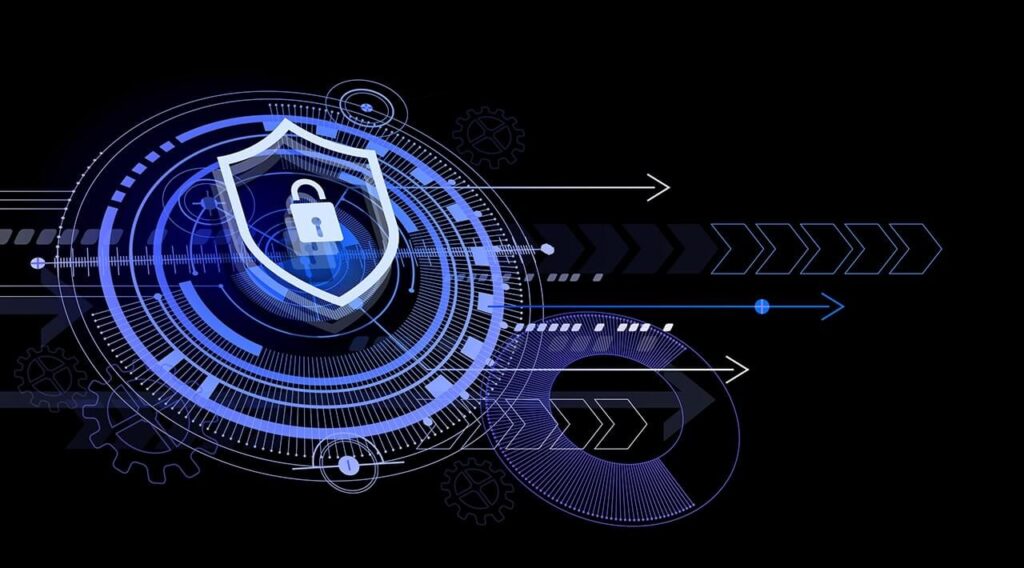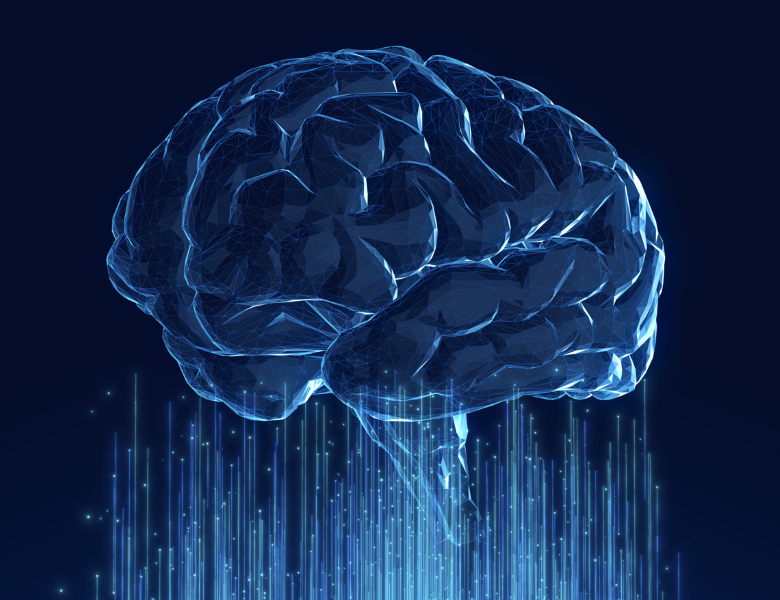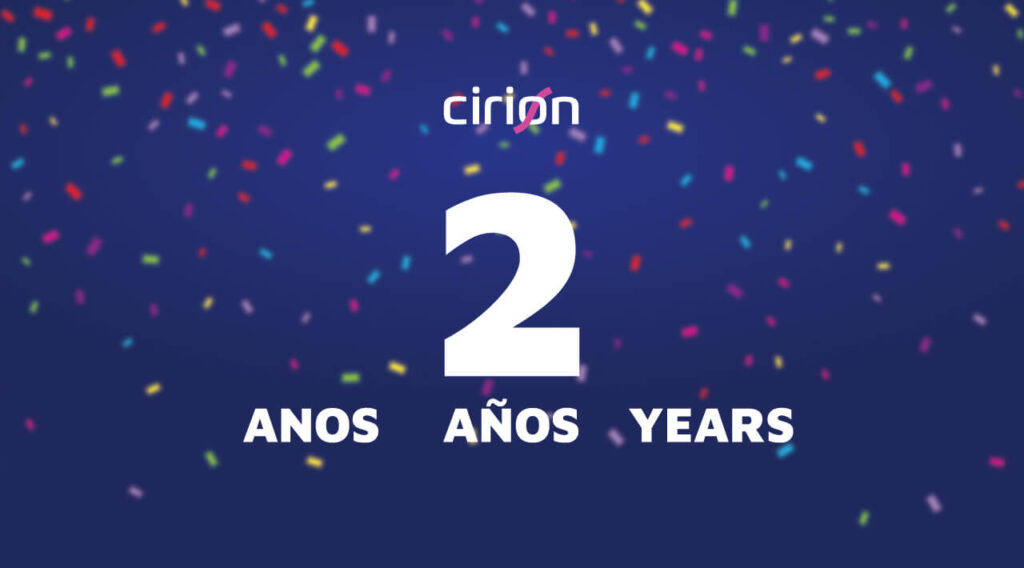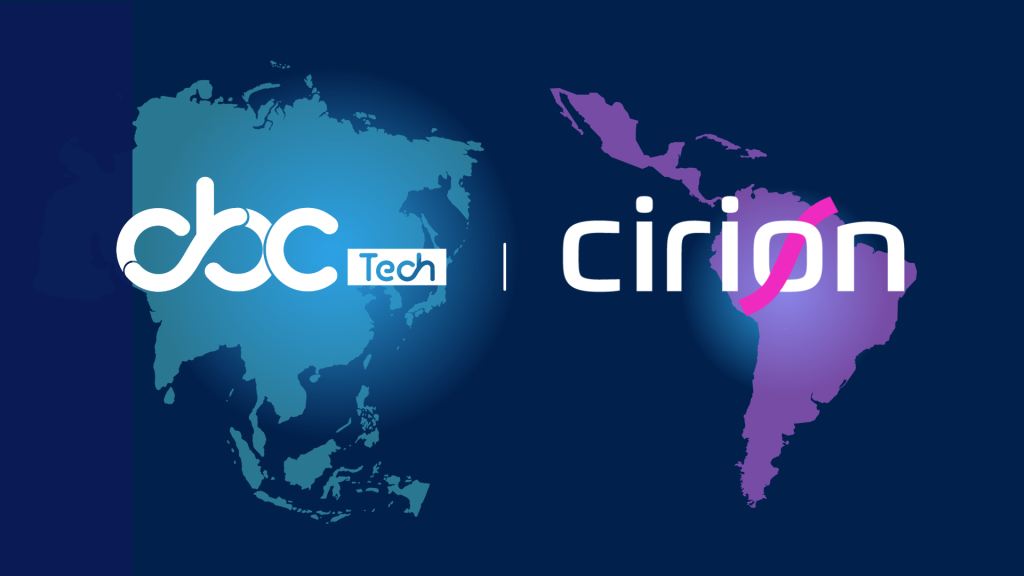Unified Communications as a Service (UCaaS) and Contact Center as a Service (CCaaS) platforms are rapidly evolving thanks to generative artificial intelligence (AI). In this article, we explore how these technologies are impacting Internet Service Providers (ISPs) and Digital Service Providers (DSPs), along with the opportunities and challenges they bring.
According to market forecasts, the global UCaaS segment is expected to surpass $170 billion by 2028[1], while CCaaS is projected to reach $7 billion in 2025 and $18.9 billion by 2033[2]. In Latin America, both segments are expected to grow at a compound annual rate of over 20%. Meanwhile, the market for AI-powered virtual agents is also expanding rapidly, with global estimates exceeding $25 billion by 2030.
ISPs and DSPs are adopting UCaaS and CCaaS solutions with open APIs that enable the integration of features like virtual assistants, real-time translation, automatic call summaries, and sentiment analysis. For example, an ISP can offer its business clients a collaboration platform with built-in AI that automates note-taking and generates tasks from meetings. A DSP can integrate a conversational AI engine to enhance customer service across multiple channels.
To deploy UCaaS and CCaaS solutions with AI capabilities, a robust infrastructure is essential. This includes high-availability connectivity, guaranteed bandwidth, low latency, and security mechanisms such as end-to-end encryption, application firewalls, and regulatory compliance (e.g., GDPR or ISO 27001). Integration with cloud platforms, secure APIs, and real-time monitoring are also necessary to ensure service quality.
Generative AI has transformed virtual assistants into true digital copilots. Tools like Microsoft Copilot, Zoom AI Companion, and Google AI not only transcribe meetings but also generate summaries, identify key decisions, create tasks, and suggest real-time responses. This boosts productivity and reduces cognitive load for teams.
For IT and operations leaders at ISPs and DSPs, adopting these technologies means addressing factors such as team training, evaluating vendors based on security and transparency, and managing cultural change. AI doesn’t replace people—but it does transform processes and roles.
Practical Use Cases for ISPs and DSPs
- Automated Tech Support: An ISP can integrate a generative AI assistant into its CCaaS platform to handle common queries, diagnose connectivity issues, and automatically escalate complex cases.
- Enhanced Customer Experience: A DSP can use generative AI to analyze past interactions and predict future needs, offering proactive recommendations through its UCaaS channel.
- Integration with OSS/BSS Systems: Through APIs, AI can interact with network management and billing systems, automating tasks like service activation or ticket handling.
- Translation and Accessibility: Real-time translation and automatic subtitles allow ISPs to offer multilingual support without needing specialized agents.
Revolution or Evolution?
For many, generative AI represents a natural evolution of UCaaS and CCaaS capabilities. But for ISPs and DSPs that integrate it strategically, it can be a true revolution in operational efficiency, customer satisfaction, and market differentiation.
Conclusion
Generative AI is transforming how companies communicate and serve their customers. In the context of UCaaS and CCaaS, its integration through APIs opens up a wide range of possibilities for ISPs and DSPs. The key is to adopt these technologies with a clear, ethical, and user-centered vision. Is your organization ready to take the leap?
[1] Market Size of Unified Communications as a Service (UCaaS)
Source: https://www.mordorintelligence.com/es/industry-reports/unified-communications-as-a-service-ucaas-removing-barriers-of-communications-trends-industry.
[2] Market Size of Unified Communications as a Service (UCaaS). Tamaño del mercado de software CCAAS, evaluación, desarrollo y pronóstico 2032

Author:
Lic. Fernando Riedel
Voice & Collaboration Product Specialist
Cirion Technologies
fernando.riedel@ciriontechnologies.com










